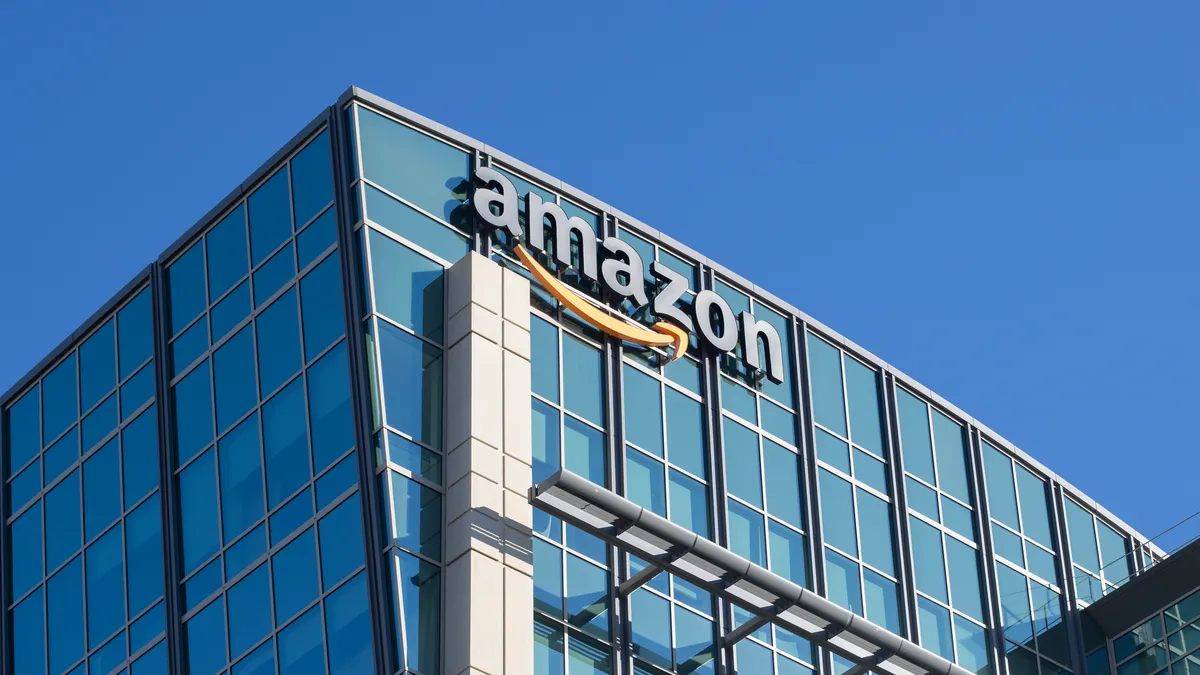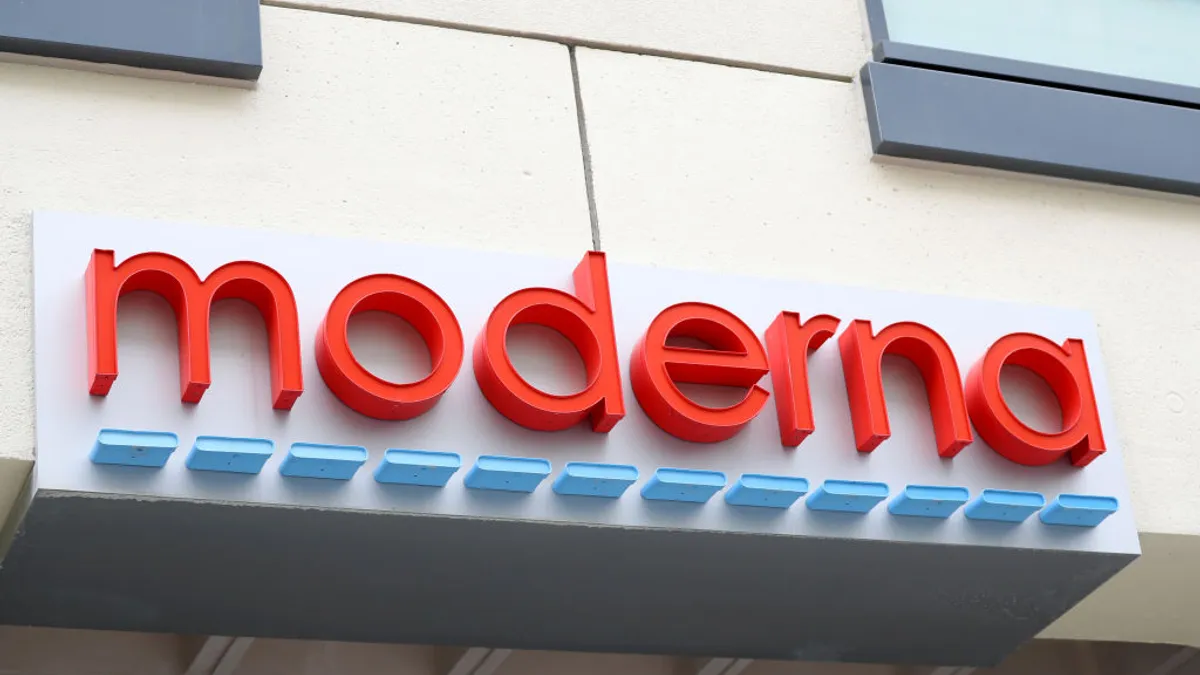In the grand scheme of drug development, Precigen’s recent approval for the immunotherapy Papzimeos was a long time coming.
The condition Papzimeos treats — a rare, potentially deadly disease called recurrent respiratory papillomatosis — was discovered a century ago but has never had an approved drug. And Precigen, formerly known as Intrexon, chugged along for nearly three decades before finally getting a treatment across the finish line.
But once the company kicked into clinical gear, the process was “rapid,” said Helen Sabzevari, Precigen’s CEO.

Trials started in 2021, and despite pandemic-related slowdowns, the drug was ultimately approved just four years later. And although Papzimeos was once on a path to accelerated approval, which would require a post-market confirmatory trial, the FDA instead gave it a full nod. What’s more, the August decision came almost two weeks earlier than the scheduled PDUFA date.
“This is somewhat unprecedented,” Sabzevari said.
The approval also helped lift Precigen out of troubled waters. In a quarterly earnings report last June, the company noted a “growing concern” about its ability to stay afloat as it burned through operational cash. But, after the FDA nod, Precigen has scored up to $125 million in non-dilutive funding.
Now it’s go-time for the Maryland-based biotech that’s launching a potential blockbuster into uncharted waters without a larger pharma commercialization partner for now.
Plans for launch
The company made a pivotal move to beef up commercialization plans when it hired Phil Tennant as chief commercialization officer last year. A long-time pharma pro, Tennant brought experience from previous stints at Astellas Pharma, AstraZeneca, Bristol Myers Squibb and more, along with a “brilliant mind in commercialization,” Sabzevari said.
“We ensured we could hit the ground running,” she said. “Our teams are already deployed and active.”
The key to a successful launch is ensuring “smooth access” to the drug in the first year of approval, Sabzevari said. To that end, the company put manufacturing infrastructure in place to ensure doses could be immediately delivered. Like many pharma companies, Precigen also launched a platform to help patients navigate diagnosis, access, coverage and, if needed, financial support for the $115,000 per dose drug.
But as a rare disease with a patient population of just 27,000 in the U.S., the recurrent respiratory papillomatosis landscape is fraught with challenges.
Caused by recurrent HPV infections, RRP triggers benign tumors in the respiratory tract that can hinder a patient’s ability to speak or breathe. The condition is often misdiagnosed, Sabzevari said, or treated with debilitating surgeries.
In addition to working with patient groups to understand their specific needs, Precigen has been on an education campaign about the symptoms of RRP among healthcare providers and payers. And as it raises awareness of RRP, Papzimeos is likely to be an easy sell — 51% of patients experienced a complete response to the treatment after one year, and 86% had a reduced need for surgery, Sabzevari said.
Precigen hasn’t offered specific sales guidance for Papzimeos yet, but Sabzevari noted its “multibillion dollar” potential despite the limited patient pool (about 1,000 new cases are diagnosed each year). The company also plans to work with the FDA on an expanded label for children and to redose patients who didn’t achieve a complete response.
Papzimeos also showcases the potential of Precigen’s platform, Sabzevari said.
A “unique” immunotherapy approach
After a career in research, Sabzevari got her pharma start at Merck KGaA, where she led development for Bavencio, a PD-L1 inhibiting monoclonal antibody that became the first FDA-approved immunotherapy for metastatic Merkel cell carcinoma.
Precigen’s pipeline is based on two distinct platforms, including AdenoVerse, which modulates the immune system by delivering antigens and cytokines with proprietary gorilla adenovectors. No other vectors provide the “freedom to design” treatments that are as potent with the ability to turn certain genes on and off, according to Sabzevari.
“This is very unique in the industry,” she said. “It’s not a ‘me-too’ platform.”
Another candidate developed with the platform, PRGN-2009, is currently in mid-stage trials for HPV-associated cancers.
Precigen also hopes to make its mark in the cell therapy space with its UltraCAR-T Advantage platform, which is designed to crank out CAR-T cell therapies overnight and at a lower cost than other treatments. The company plans to meet with the FDA about starting a pivotal phase 2 trial for an UltraCAR-T cell therapy in acute myeloid leukemia, Sabzevari said, and has other earlier-stage candidates in cancer.
But with the Papzimeos approval in the bag, the gene therapy space and the broad potential of AdenoVerse occupy much of the company’s energy.
“It can specifically generate or correct a certain gene. So it has a wide versatility,” Sabzevari said.



















